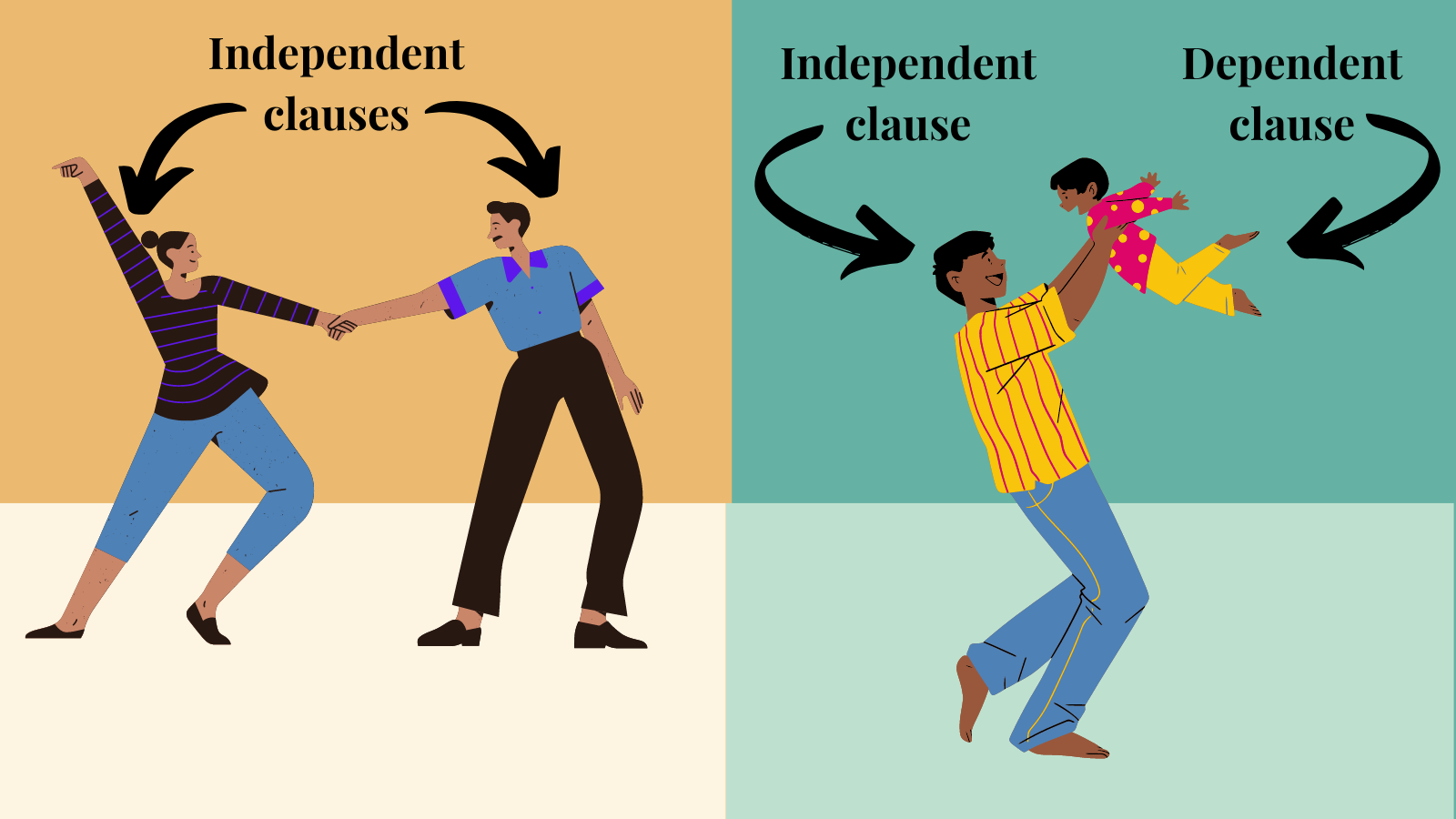You might not be familiar with the term “coordinating conjunctions”, but they are everywhere in English writing. A conjunction, as you may recall, is a word (usually a short word) that makes connections between words or different parts of sentences.
What, then, is a coordinating conjunction? How is it different from other kinds of conjunctions?
A coordinating conjunction links words, phrases, or clauses that are of the same grammatical type. If that sounds a little confusing, that’s okay for now. You will probably be less confused once you see the actual list of coordinating conjunctions.
Need Editing and
Proofreading Services?

FANBOYS
There are seven little words that are commonly used as coordinating conjunctions:
For
And
Nor
But
Or
Yet
So
To help you remember them, look at the first letter of each of the words above. It spells FANBOYS!
What about “same grammatical type”?
When the FANBOYS words are used as coordinating conjunctions, they are linking two words, or two parts of a sentence, that are equal to each other. For example, a coordinating conjunction might link a noun with another noun, a noun phrase with another noun phrase, or an independent clause with another independent clause. That’s what we mean by “same grammatical type”.
Let’s look at an example. Below is a sentence with the coordinating conjunction (a FANBOYS word) in boldface type.
We cannot call Mr. Zhou right now, for it is after midnight in Hong Kong.
The above sentence links two independent clauses. “We cannot call Mr. Zhou right now” and “It is after midnight in Hong Kong” could both stand on their own as full, complete sentences. However, if we want to put them together, we can link them with the coordinating conjunction “for”. (Note that we put a comma before “for” or any other FANBOYS word when we are linking two independent clauses.)
Let’s look at another coordinating conjunction. This time, the FANBOYS word links a noun with another noun.
My daughter wants crayons and paints.
Since “crayons” and “paints” are just nouns and not independent clauses, we don’t need a comma after “crayons”. We only need a comma when we are linking two independent clauses.
How about a few more examples, just to make things even clearer? Again, the coordinating conjunction (the FANBOYS word) is in boldface.
Neither Sam’s Service Station nor Bubba’s Auto Repair will be open on New Year’s Day.
We would like to hold the meeting in Conference Room C, but the marketing department is already using it.
Either coffee or tea would be fine.
Professor Higgins gave us the details about the assignment, yet he forgot to include the due date.
My brother is sick, so we cannot study at my house.
What about dependent clauses?
Can a coordinating conjunction link an independent clause with a dependent clause? This happens only on very rare occasions. The reason for this is because a dependent clause is not equal to an independent clause.
An independent clause can stand on its own as a full, complete sentence. It has a subject, a verb, and it forms a complete thought. A dependent clause might include a subject or a verb, but it doesn’t make sense by itself. It does not form a complete thought.
If we want to make it to the meeting on time
The above is an example of a dependent clause (or an incomplete sentence). It doesn’t work as a full, complete sentence.

Now let’s see what happens when we combine that dependent clause with an independent clause:
If we want to make it to the meeting on time, we have to leave now.
The above sentence doesn’t need a conjunction. None of the FANBOYS words would make sense between those two clauses. It just needs a comma between the dependent clause and the independent clause.
What about sentences where the independent clause comes first?
Katie isn’t allowed to go to the park unless her older sister goes with her.
Again, a FANBOYS word wouldn’t make sense here. However, note that we don’t use a comma when the independent clause comes first. Instead, the dependent clause begins with “unless”, which is a different type of conjunction—a subordinating conjunction. This is the type of conjunction we use when an independent clause is followed by a dependent clause.
Unfortunately, we don’t have a fun acronym like FANBOYS to help you remember the most common subordinating conjunctions. However, we will give you a few more example sentences:
We cannot finish the report until Fatima comes back from her vacation.
The company picnic has been postponed because of the storm.
Wesley and Marina will get back to us after they receive the tax files from ABC Company.
Need Editing and
Proofreading Services?

If you aren’t sure about how to use a coordinating conjunction or a subordinating conjunction in your writing, our team of TextRanch editors will be happy to help you. Just click the blue button below.








Ask an Editor: A New TextRanch Feature!
Proofreading vs. Editing: What’s the Difference?
Human Editors: Why Do You Need One?
How can I improve my understanding of native-English speakers? Part 1